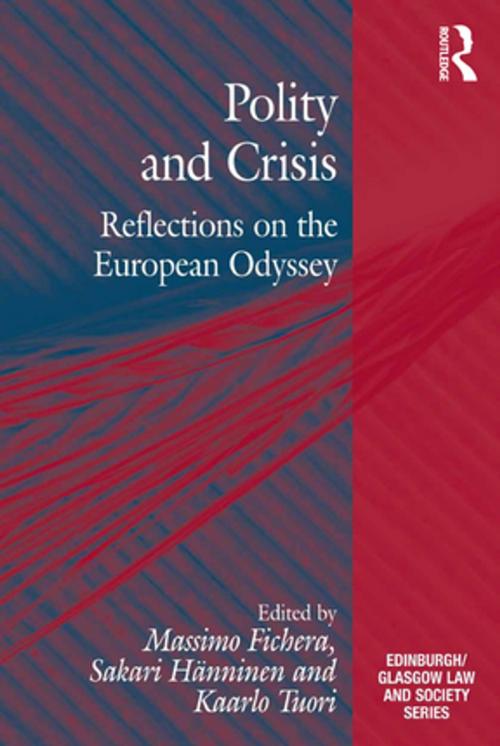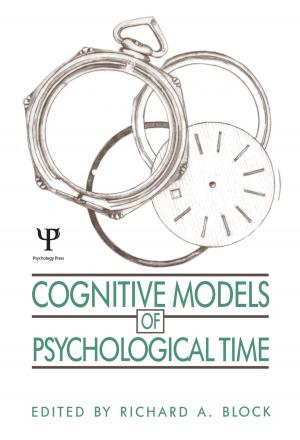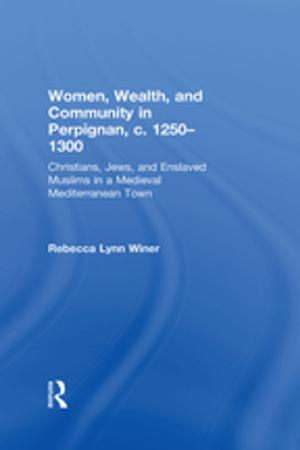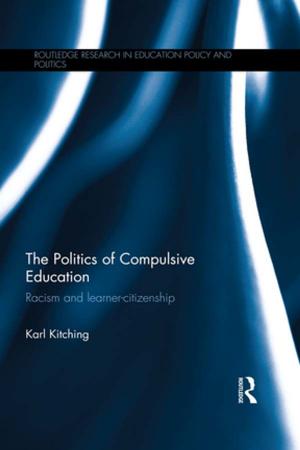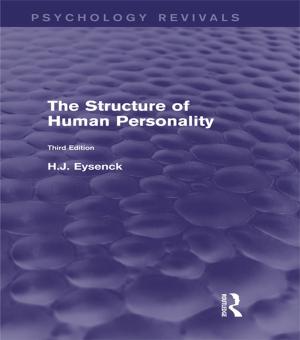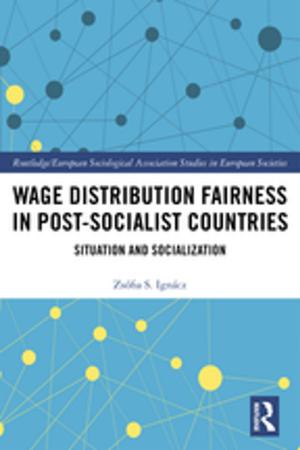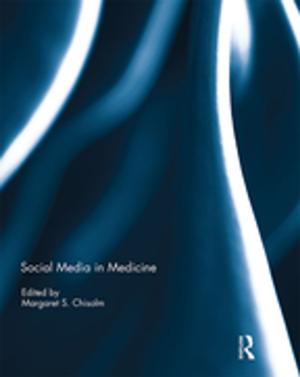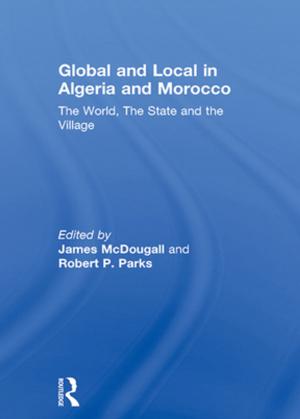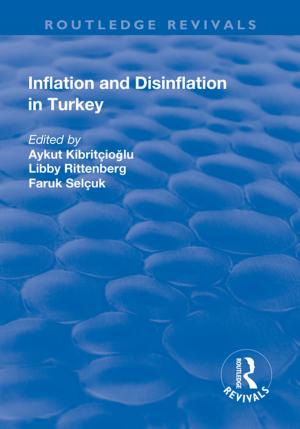Polity and Crisis
Reflections on the European Odyssey
Nonfiction, Reference & Language, Law, Jurisprudence, Social & Cultural Studies, Political Science, International| Author: | Massimo Fichera, Sakari Hänninen | ISBN: | 9781317078425 |
| Publisher: | Taylor and Francis | Publication: | April 22, 2016 |
| Imprint: | Routledge | Language: | English |
| Author: | Massimo Fichera, Sakari Hänninen |
| ISBN: | 9781317078425 |
| Publisher: | Taylor and Francis |
| Publication: | April 22, 2016 |
| Imprint: | Routledge |
| Language: | English |
European integration is an open-ended, ongoing process which has been deeply challenged by integral world capitalism. This study explores the present EU foundational dilemma, looking at the problematic relationship between the ideal model of integration and the reality of the 21st century. Including contributions from leading theorists, this volume explores the ways and extent to which the present European crisis could create a politico-legal space for new possibilities and opportunities for action. The authors discuss the current role of the EU, and whether it aspires to be a democratic polity or a functional organization based on inter-governmental bargaining. The chapters question whether the future of European integration after the crisis will be paved by decisions which conflict with its Treaty basis, and how it might come up with alternatives which would do more than echo the compulsions of the global market. Issues are analysed from a historical perspective to see what can be learnt from its past and to explore the options for the future. With contributions from prominent international legal and political scholars, the book will be of interest to academics, students and policy-makers working in these areas.
European integration is an open-ended, ongoing process which has been deeply challenged by integral world capitalism. This study explores the present EU foundational dilemma, looking at the problematic relationship between the ideal model of integration and the reality of the 21st century. Including contributions from leading theorists, this volume explores the ways and extent to which the present European crisis could create a politico-legal space for new possibilities and opportunities for action. The authors discuss the current role of the EU, and whether it aspires to be a democratic polity or a functional organization based on inter-governmental bargaining. The chapters question whether the future of European integration after the crisis will be paved by decisions which conflict with its Treaty basis, and how it might come up with alternatives which would do more than echo the compulsions of the global market. Issues are analysed from a historical perspective to see what can be learnt from its past and to explore the options for the future. With contributions from prominent international legal and political scholars, the book will be of interest to academics, students and policy-makers working in these areas.
